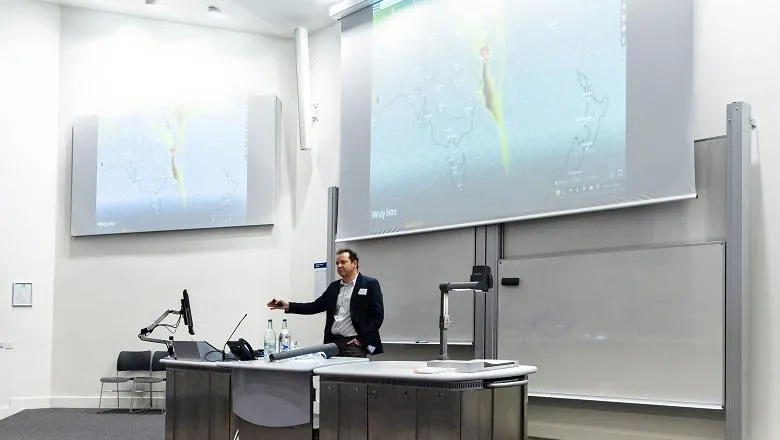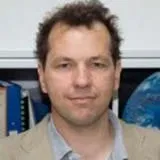18 November 2019
£10 million centre for wildfire research launched
The Leverhulme Centre for Wildfires, Environment and Society has officially launched – the first in the world to address wildfire challenges from a global perspective.

The Leverhulme Centre for Wildfires, Environment and Society, involving Imperial College London, King’s College London, Royal Holloway and the University of Reading, seeks to better understand the science and impact of wildfires.
The launch of the Centre marks the beginning of new integrated approach to global wildfire research that brings together physical and social scientists. It aims to bring about a step-change in our understanding of wildfires, including the dynamics shaping fire, ways to better quantify and forecast incidences, local impacts and how societies can live sustainably with them.
The Centre’s new Director is Imperial’s Professor Colin Prentice, and its Associate Directors from King's are Professor Martin Wooster, an expert on satellite Earth observation and the quantification of landscape fire, and Professor David Demeritt an expert in environmental policy, risk communication and governance, who will lead on the social science and human/physical interdisciplinary expertise.

At the launch, Professor Wooster spoke about the benefits of using satellite, aircraft and ground observations to monitor and understand global wildfires.
Marc Castellnou, a Strategic Fire Analyst working with Bombers de Catalunya (Firefighters of Catalonia) also warned how warm and wet winters, followed by extremely hot summers are a perfect storm for the most dangerous wildfires.
Historically common in Mediterranean countries, evidence shows these conditions have now arrived in the United Kingdom, Ireland and Scandinavia as a result of climate change.
Professor Prentice said, “We need a better understanding of how and why wildfires occur, knowledge to make seasonal forecasts, and an urgent need to understand how to live with wildfires.”



